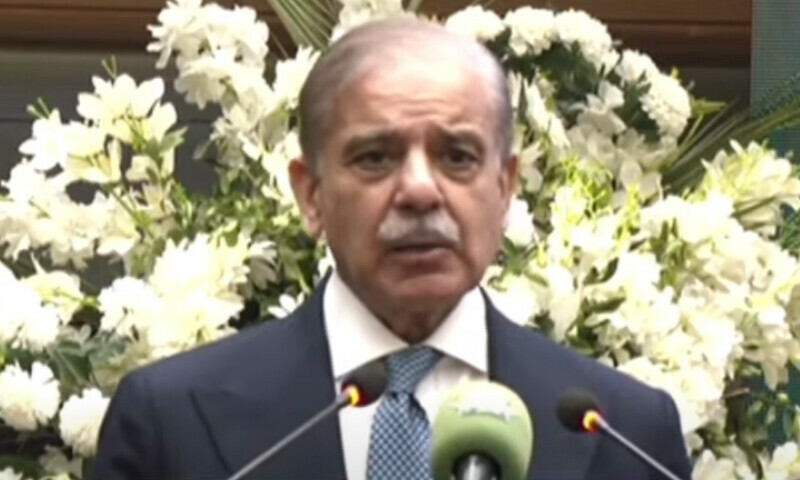PTBP Web Desk
The Finance Division has issued the budget circular for fiscal year 2025-26, emphasizing a strategic approach to tagging green and climate-related components of revenues. The circular outlines specific guidelines for identifying and classifying tax and non-tax revenues under four newly established base categories, aligning with global practices in climate reform.
In a notable shift, the circular highlights the importance of assessing tax and non-tax revenues for their impact on climate and the environment. Tax revenue, managed by the Federal Board of Revenue (FBR), and non-tax revenue, overseen by the Finance Division, are evaluated to determine their relevance to climate objectives. Non-tax revenue, in particular, is scrutinized for its correlation with activities that have a proven negative impact on the environment.
For example, levies imposed on fossil fuel usage, which contributes to environmental degradation, are considered climate-positive revenues. Similarly, fines or fees collected on the use of plastics or harmful wastes fall under the climate-related category. This classification system aims to promote sustainable practices by aligning fiscal policies with environmental goals.
The circular introduces four main base categories for classifying federal revenues as climate-friendly. Although some of these categories may not yet exist in Pakistan, the ongoing momentum in climate reform suggests their eventual implementation. This evolving list reflects Pakistan’s commitment to strengthening climate adaptation and mitigation measures. The inclusion of these categories is designed to align with international standards and support the country’s climate change agenda.
The circular also sets clear boundaries for development expenditure estimates for the upcoming fiscal year. It mandates that no unapproved schemes should be included in the estimates. Additionally, no new positions within divisions, departments, subordinate offices, or related entities may be created without prior approval from the Finance Division. This measure ensures fiscal discipline and accountability in public spending.
A significant focus is placed on the foreign exchange component of development expenditure. The circular requires that foreign exchange allocations be distinctly shown, indicating whether the funding comes from domestic or foreign resources. It prohibits re-appropriation between rupee and foreign exchange components, ensuring transparency in resource utilization.
For projects involving foreign aid, the circular specifies that expenditures initially incurred in local currency and subsequently reimbursed by donor agencies must be clearly indicated. This ensures accurate tracking and reporting of foreign-aided schemes.
In line with the Financial Management and Powers of PAOs Regulations, 2021, the circular calls for the identification and abolition of vacant or redundant posts that have been idle for more than three years. This step is part of broader efforts to streamline government operations and optimize resource allocation.
The Finance Division’s move to classify revenues based on their climate impact marks a significant step in integrating environmental considerations into fiscal policy. By tagging climate-relevant revenues and promoting sustainable practices, Pakistan aims to address environmental challenges while aligning with international commitments to combat climate change.
For more details on the Federal Board of Revenue’s role in managing tax revenues, visit FBR’s official website. To explore Pakistan’s climate initiatives, refer to the Ministry of Climate Change.




